GPS & Solar Flares, a real problem?
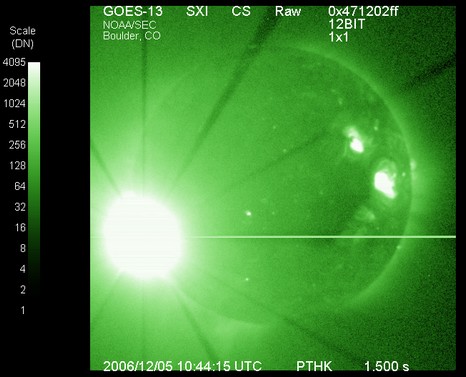
Last week we saw how a GPS misused could cause a fiery frig up, but can giant fiery explosions on the Sun frig up the whole GPS system? I first heard about this thanks to a small article in the February issue of Soundings. It’s not online, but the research and incidents it discusses are. The phenomenon of flare-induced radio wave bursts interfering with relatively weak GPS signals was perhaps first observed in Sept. 2005, as reported by two Cornell U. researchers a year later. Shortly thereafter—on Dec. 5, 2006–the huge flare seen above caused a burst powerful enough to “swamp GPS receivers over the entire sunlit side of Earth” the next day, according to a scientist quoted by NOAA magazine. Now, it’s not clear to me how many civilians suffered noticeable GPS glitches on that day, or for how long, but I can tell that I first had my ear bent about the need for a secondary electronic positioning system back 2001, which led to this PMY column. The obvious choice seems to be Loran, but apparently our government is still thinking about it. (Let’s hope Class B AIS approval doesn’t take so long!) At any rate, when headed out to sea you might want to check space weather as well as the ocean variety, and of course don’t rely on any one stream of nav data.


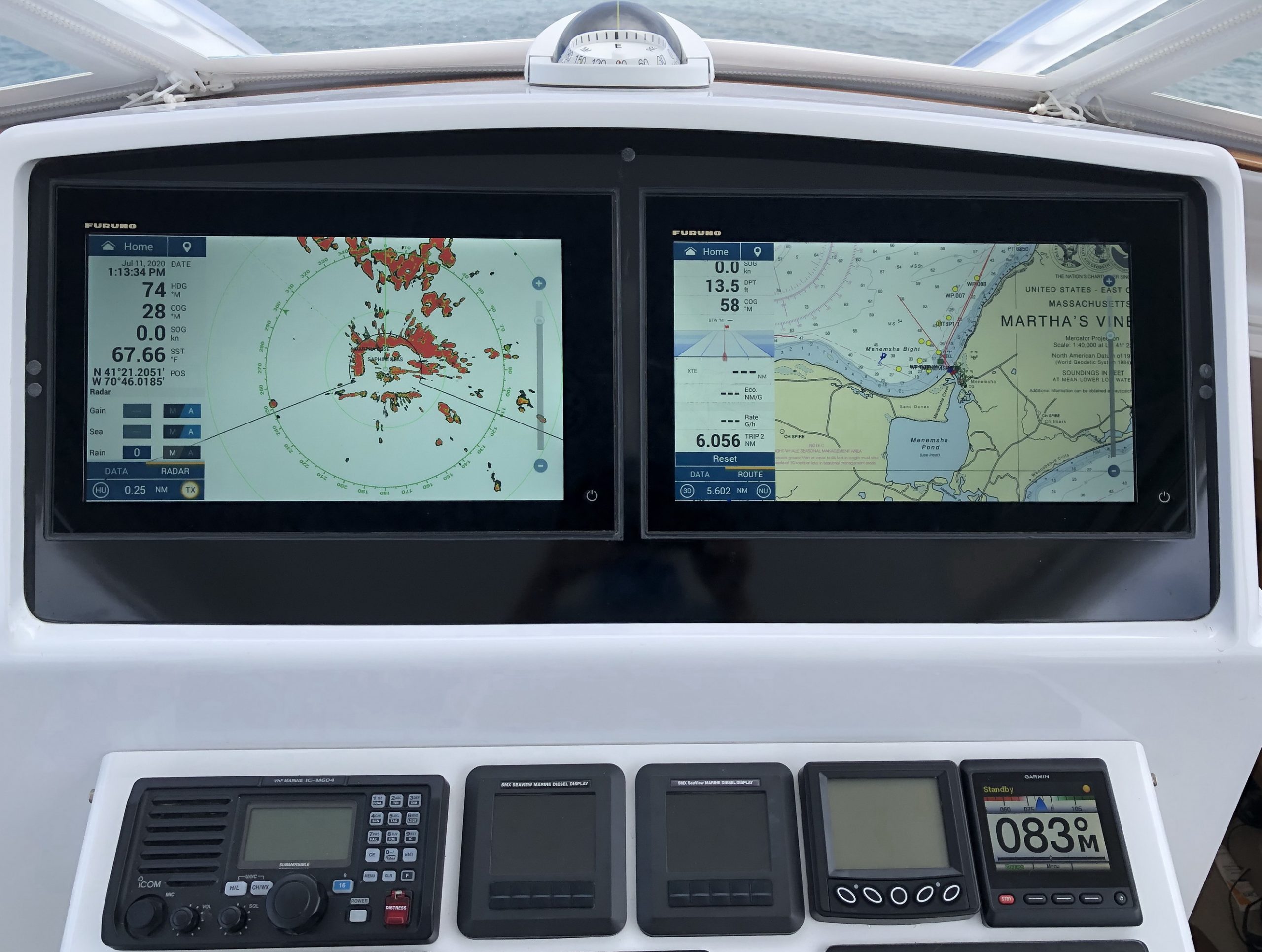
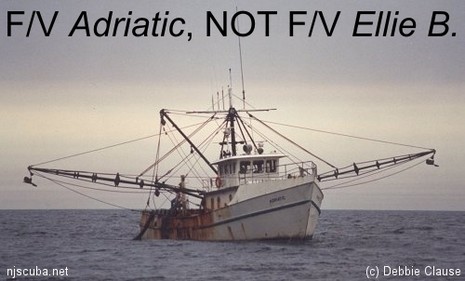
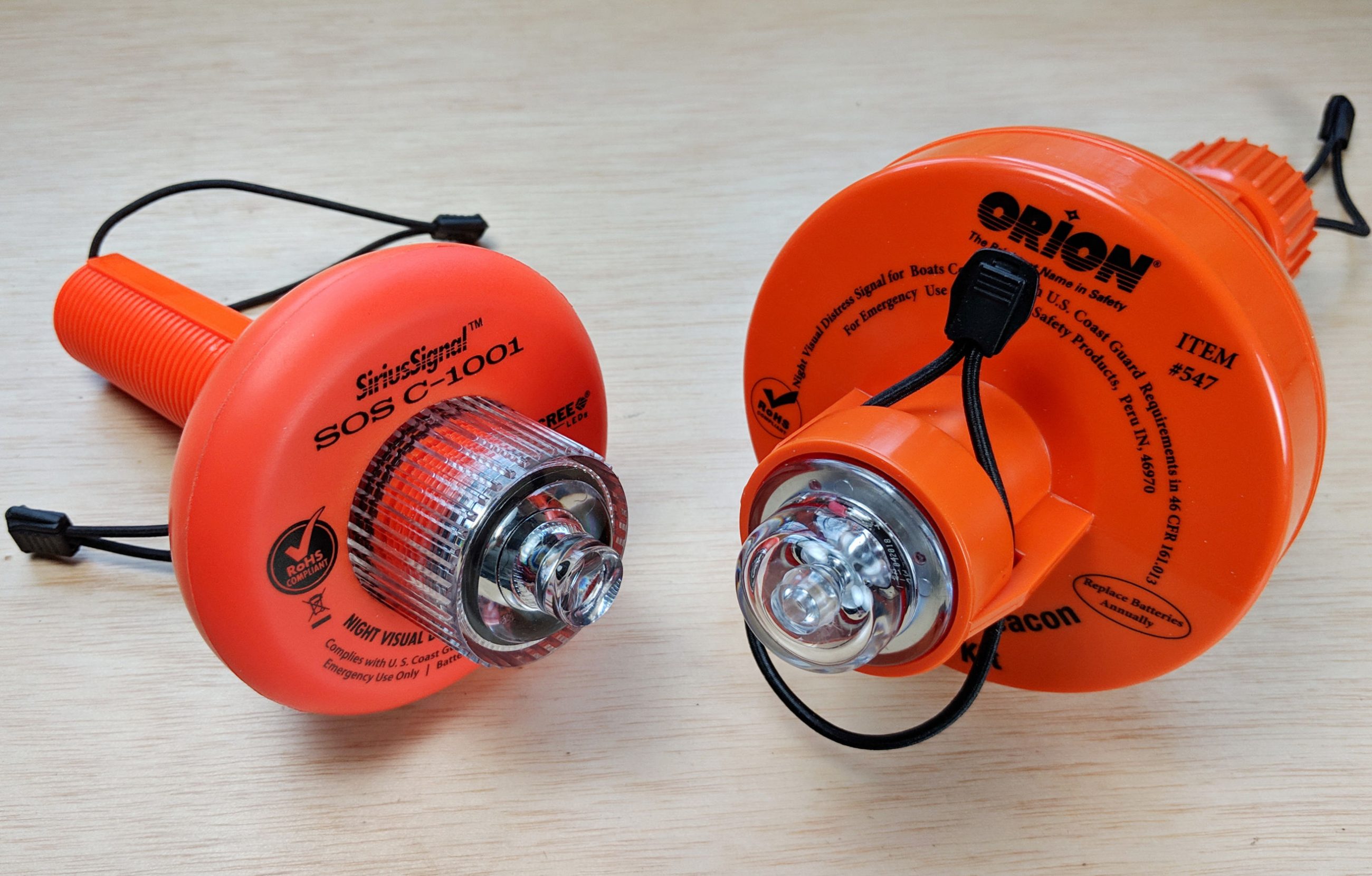
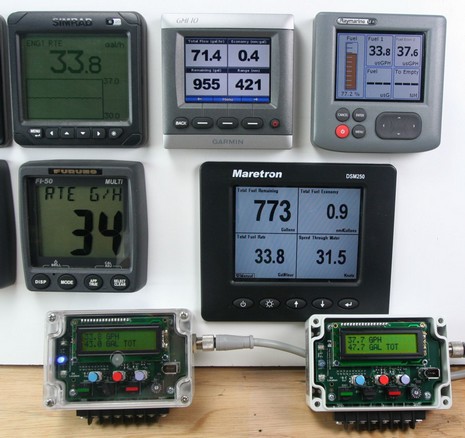







Working with a Dynamic Positioning system aboard my ship makes GPS critically inmportant. While we have advance (expensive!) differential systems we still suffer signal loss due to this problem about once every few months. To help pro-mariners gCaptain put together some tools for monitoring GPS systems. They are actually just links to the resources on the web (including space weather) that we use on a daily basis. They can be found under the “electronic navigation” and weather links here: Marine Tools & Links
The space weather stuff is on the Marine Weather page and the advanced GPS tools is on the Electronic Navigation page.
-John
The UK’s lighthouse authority, Trinity House, has established a new Loran transmitter to cope with just these sorts of events.
All we need now are some cheap Loran receivers integrated with a GPS……
Look at the Loran C page of the USCG
http://www.navcen.uscg.gov/loran/modernization.htm
Before you leave that page, click on the tab entitled GPS Interference Notices. This downloads a PDF file. Look at it. Today’s file shows:
GPS interference is being tested Jan 08 through Mar 08
Anybody know of a more modern Loran Rx than Ben talked about in his 2002 article?
I’ve just figured it out, Ben: you do not sleep. Thats how you can keep up with so many different sources.
SI-TEX has a loran receiver that speaks NMEA 183 and N2K. I’ve asked Garmin if it can be used for posiioning in the event of a Solar event, but the response from the second shift at Garmin was a little sleep-impaired. They need your secret. Lets see if Smart Radio has an economical solution!
eLoran – the latest on eLoran in the ION newsletter (Institute On Navigation) said that eLoran is getting the go-ahead and that the current wide-deployment differential GPS infrastructure will be cut-back to only the USCG-run differential sites for purposes of coastal and harbor navigation. The curious part of this is that the continental DGPS infrastructure has been adopted for precision train control (running freight trains with much smaller headways) and that Dept. of Transportation may chose to keep the cDGPS system running for a while. As usual,
“It’s not done until it’s not undone.”
cheers,
-mo
You should broaden your bookshelf to include National Fisherman and others. I wrote about this in 1999 for NF.
Watch out for GPS errors, as we’re in another period of increased solar flares: http://goo.gl/YW6qh
I haven’t seen any problems myself — and I used GPS chart plotting a LOT over the last five days — but please report if you see problems.
I had problems last week in Vancouver, BC. I use an Airmar PB-100 and a Garmin 5212. In the morning I lost the Airmar (it drives Nobeltec) and I spent some hours debugging it until the Garmin reported that it had lost signal too. I had been at the same dock for a couple of days with no problems. I then saw about the solar storms on the internet.
I could watch satellites (large numbers of them) come and go on the Garmin and sometimes the entire system would go out. The Garmin went out intermittantly, the Airmar was out most of the day and when it was active the position was hundreds of yards off. The Airmar would consistantly see only one or two satellites.
Oddly sometimes the Garmin would show lots of active satellites and still be unable to get a fix.
It could be that I was in a marginal area (because of the skyscrapers) and thus noticed the problem more — but when it was working I had something like 12 satellites on the Garmin in that location.
GPS was a little spotty the next day and was fine after that.
Oddly enough I had problems getting the Airmar to remember its settings when this was going on, it is fine now. The Airmar is at the top of the radar arch and the Garmin receiver is much lower on the pilothouse roof.
All systems are at %100 now.